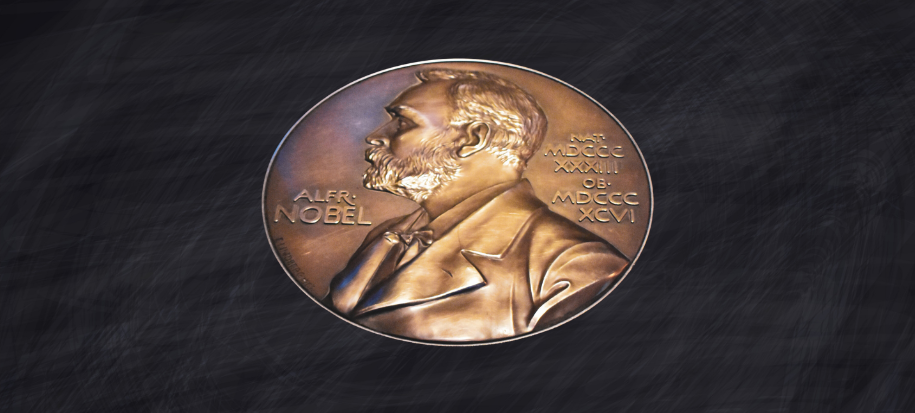
Inside the Nobel Prize Selection Process
The announcement of the Nobel laureates usually takes place in the month of October. One of the most renowned prizes in the world is chosen in a careful and secretive manner. The process takes nine months and comprises several phases.
Who are eligible Nobel Prize nominators?
The following people and organizations are granted the right to nominate candidates for the Nobel Prize:
• Members of National Governments: This group comprises lawmakers and ministers.
• Participants in international organizations, like the International Court of Justice, the United Nations, and others.
• Professors in universities, including those in the humanities, social sciences, medicine, physics, chemistry, and economics.
• Previous Nobel Laureates: Previous recipients of the award are also eligible to nominate.
• Members of Nobel Committees: An independent committee oversees the judgments for each category.
An important thing to mention is that self-nominations are not accepted in the Nobel Prize procedure, and the identity of those who nominate candidates are kept private.

The Selection Process Timeline
Being a Nobel laureate involves a number of important milestones, including:
Submission of Nominations (January)
Only those who are entitled to nominate candidates may do so, and nominations are only accepted from January 1 through January 31 of the relevant year.
Assessment by the Nobel Committees
Each discipline has its own Nobel Committee, which is made up of professionals who carefully examine the candidates. They evaluate the candidates' credentials and contributions.
Preliminary Selection and Shortlisting (Spring)
The Nobel Committees carefully review nominations and narrow the field of candidates depending on the applicants' eligibility and areas of specialization.
Consultant Advice
The Committees may consult outside experts in order to ensure a thorough examination.
Last Decision
The final decisions are reached by the Nobel Committees after private deliberations, and they are tightly guarded secrets.
Announcement of Laureates
The laureates are publicly announced in October, but the process leading to that moment is veiled in secrecy:
• Physics, Chemistry, and Physiology or Medicine: These Nobel Prizes are awarded by Swedish institutions. The selected laureates are usually informed by a phone call from the Secretary-General or a representative.
• Literature: The Swedish Academy, responsible for this prize, notifies the laureate via a phone call from the Permanent Secretary.
• Peace: The Norwegian Nobel Committee awards the Peace Prize, with the laureate being informed through a phone call from the Secretary.
• Economic Sciences: This prize, known as the Sveriges Riksbank Prize in Economic Sciences, is awarded by the Royal Swedish Academy of Sciences. Once again, a phone call from the Secretary-General or a representative conveys the honor.
Secrecy is crucial
The level of secrecy upheld throughout the Nobel Prize selection process is one of its most remarkable features. The debates and decisions made by the Nobel Committees are completely private. Ultimately, only the chosen laureates are acknowledged and honored for their remarkable accomplishments.
The living requirement
The recipients of the Nobel Prize must still be alive when the award is announced. Unfortunately, this rule has resulted in instances where eligible people have been excluded after their deaths. Mahatma Gandhi is probably the most well-known example of this, whose crucial contribution to nonviolent resistance and his influence on social justice and peace around the world were not honored with the Nobel Peace Prize since he passed away before the announcement. Another well-known example is the literary giant George Orwell, who died before being awarded the Nobel Prize for his contributions to literature.